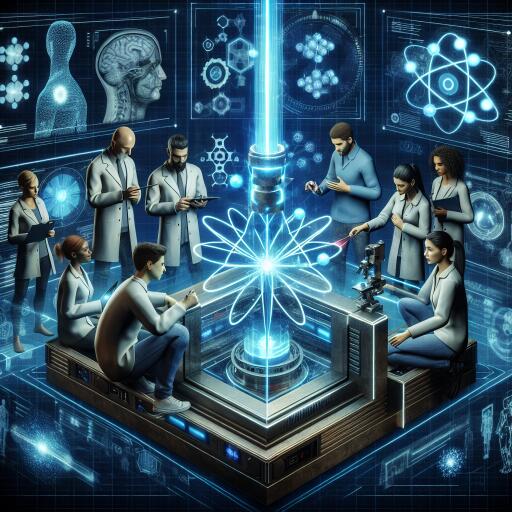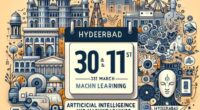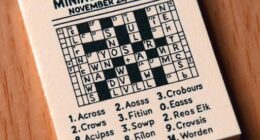Revolutionizing Material Science: The Dawn of AI-Powered Atomic Fabrication
In a significant leap forward, researchers from the National University of Singapore (NUS) have introduced a groundbreaking technique that promises to redefine the boundaries of material science. This new method, centered around the precision crafting of carbon-based quantum materials atom by atom, marries the precision of scanning probe microscopy with the analytical power of advanced deep neural networks. The result is a pioneering approach that not only demonstrates the capabilities of artificial intelligence (AI) in manipulating materials at an unprecedented scale but also opens up new avenues for scientific and technological advancement.
Under the guidance of Associate Professors Lu Jiong and Zhang Chun, the research team has developed what they call the chemist-intuited atomic robotic probe (CARP) concept. This innovative framework combines the nuanced expertise of probe chemistry with the analytical prowess of AI to allow for the fabrication and characterization of open-shell magnetic nanographenes at an exceptionally detailed single-molecule level. By doing so, the team is able to precisely engineer the electronic and spin configurations of these materials automatically, emulating the nuanced work traditionally carried out by human chemists.
The CARP concept stands out by translating expert knowledge into a series of machine-executable tasks, shedding light on complex reaction mechanisms that were previously daunting to decipher. The potential of this technology to automate and refine the chemical synthesis process could lead to a significant paradigm shift. By augmenting the capability to efficiently manage diverse on-surface probe chemistry reactions, CARP holds the promise of revolutionizing not just the synthesis processes but the entire field of material science by introducing scalability and efficiency where it was once deemed impractical.
The implications of this breakthrough are far-reaching. As we stand on the cusp of a new era of intelligent atomic fabrication, the possibilities for future applications range from advanced electronics to novel quantum computing technologies. Beyond the immediate practical applications, such a method sets the stage for accelerated fundamental research into quantum materials. This not only paves the way for a deeper understanding of the building blocks of our physical world but also for the development of innovative solutions to some of the most challenging problems facing technology and science today.
In essence, the work being done by the researchers at NUS is not just about crafting materials atom by atom; it’s about rewriting the rulebook of material science. By harnessing the power of AI to enhance our understanding and manipulation of quantum materials, they are unlocking new potentials that could transform a multitude of fields—from electronics to quantum computing, and beyond. This is a vivid testament to the transformative power of combining traditional scientific expertise with the latest in computational intelligence, and it could very well usher in a new golden age for materials science and engineering.
As we look forward to the developments that will stem from this innovative approach, it’s clear that the future of material science and indeed, the broader domain of scientific exploration, is brighter than ever. The fusion of AI and material science, as exemplified by the CARP project, is setting the stage for a future where the fabric of our material world is woven with the threads of advanced computation and innovation.










